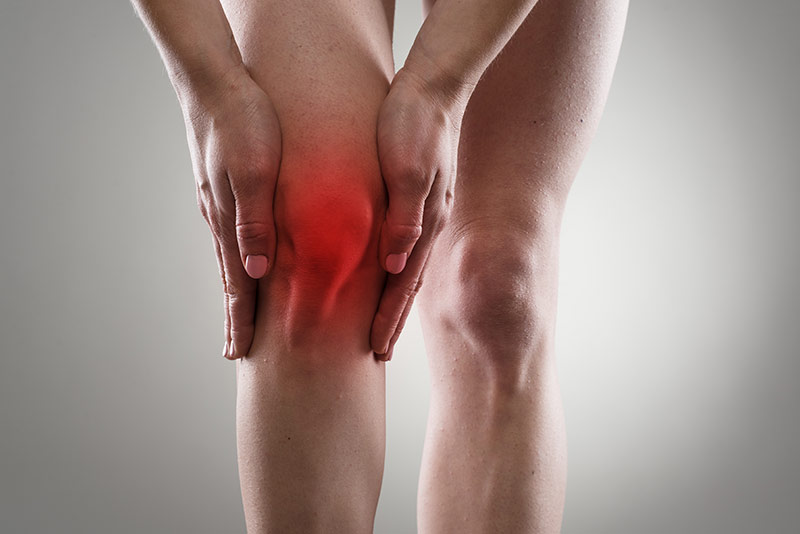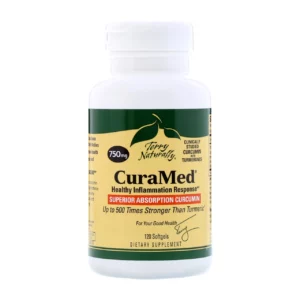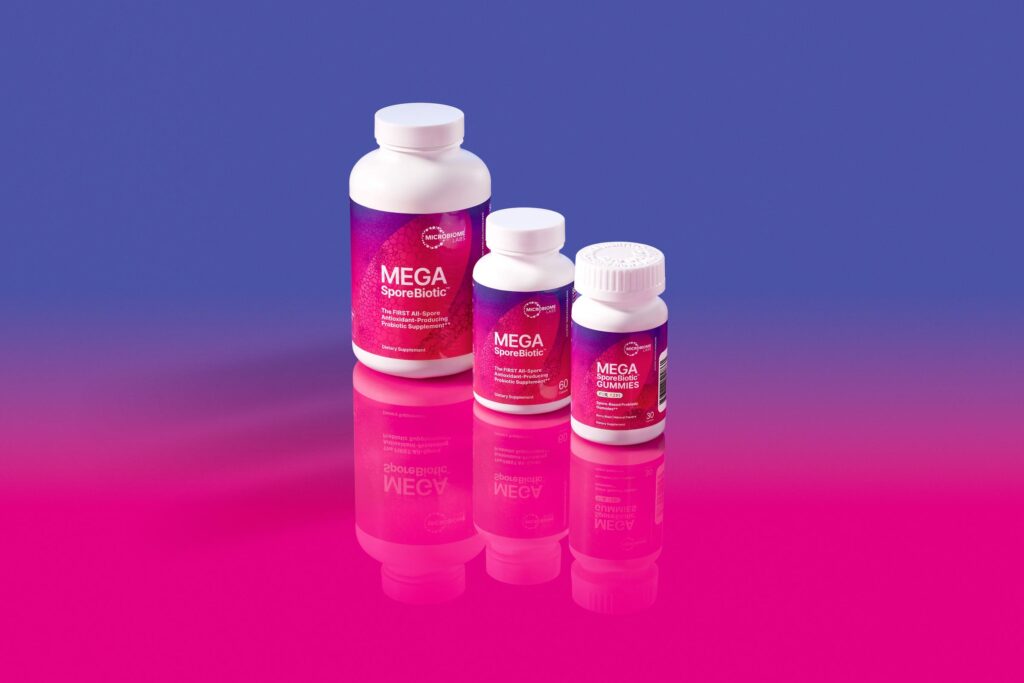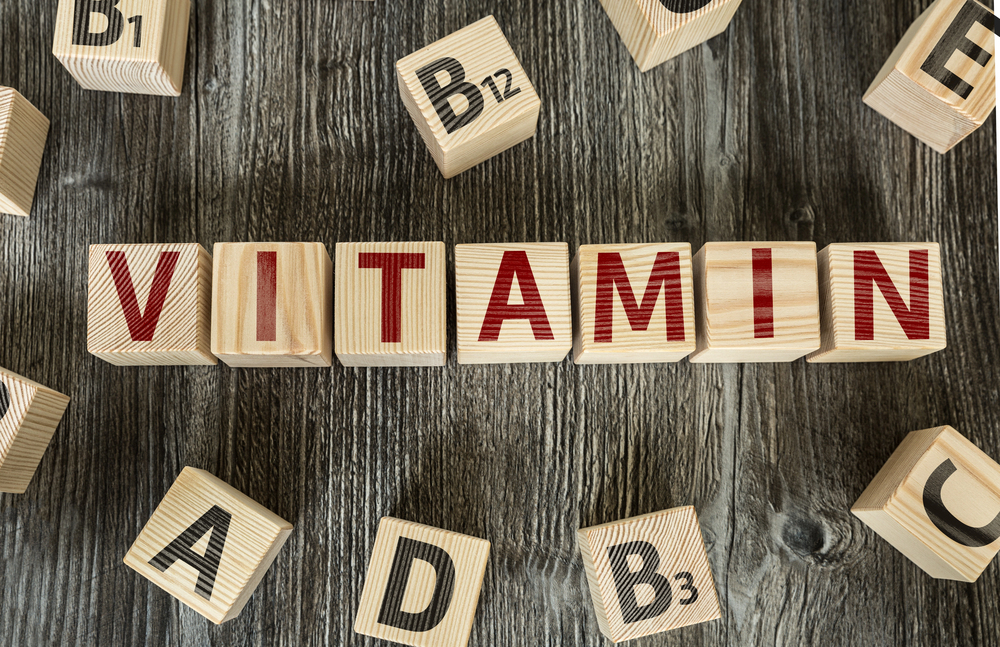Over 55 million Americans experience joint pain each year according to the CDC. That number is growing by 1 million people each year. There are over 600,000 knee and hip replacements each year in the U.S.. Almost 50% of these are for people under the age of 65! Whether it’s a burning pain, cracking or crunching in the joint, or just stiffness, joint pain can keep us from activities we enjoy. We need better tools to address this growing problem.
Arthritis is a catch-all term for several different conditions that result in joint pain. The most common of these is osteoarthritis. It is typically diagnosed in individuals over 50 or those with previous injury or over-use. The joints break down without the compensatory replacement of cartilage and other joint material. Rheumatoid arthritis (RA), conversely, is an autoimmune disorder. It is characterized by generalized inflammation. RA frequently affects younger individuals, resulting in pain throughout the body. This often occurs in small joints such as the hands, feet, and wrists. Other conditions like gout, ankylosing spondylitis, lupus, lyme disease, and psoriatic arthritis can also cause joint pain.
Medications typically used to treat arthritis are non-steroidal anti-inflammatory drugs (NSAIDS). NSAIDs include over-the-counter pain relievers like ibuprofen (Advil, Motrin, Medipren & Nuprin) and naproxen (Aleve, Anaprox & Naprosyn) and prescription medications like Celebrex and corticosteroids. These medications reduce inflammation and hence pain. However, they do little to rebuild the joint.
According to Worst Pills, Best Pills, NSAIDs can cause serious side effects. These include gastrointestinal bleeding, increased risk of heart attack, and worsening of heart failure and kidney problems. In my own experience, NSAIDs and cortisone shots are quite temporary in the relief they provide. Narcotic pain relievers can also reduce pain, but have serious side effects. Potential side effects include cardiac toxicity, addiction, and memory impairment.
Natural solutions, conversely, are quite safe and promote true healing. Supplements target both joint repair and the inflammation that causes pain. Apply these simple rules to find the solution that will work best for you:
- Take into consideration prescription drugs you are on for any reason. Certain nutrients and herbs are contraindicated with prescription drugs.
- If you are on multiple prescription drugs, consider using homeopathic medicines; these generally do not interact with drugs.
- Herbs have multiple actions in the body. So choose an herb that will give you more than one benefit. By way of example, sour cherry juice is excellent for removing uric acid from the joints (known as gout). It is also high in melatonin and potassium, aiding healthier sleep and heart health.
Joint Repair
Certain nutrients are essential to the maintenance of joints because they promote the formation cartilage, tendons, muscle, and joint fluid. Others protect against oxidative stress in the joints or relax muscles that can put pressure on joints. A great way to take these nutrients is to find a formula that combines several of them. Stop by or call and our staff can help you choose the one that’s best for you. Combo formulas we love are Mobili-T by Life Seasons, Curamin by Terry Naturally, and Ligament Restore by Pure Encapsulations.
Hyaluronic acid is a compound found in the joints that acts as a water magnet, lubricating the joint. As a result, its absence is indicated by a crunching and grinding sound in the joint. It is also excellent for skin maintenance due to its hydrating abilities.
MSM (or methylsulfonylmethane) is a naturally occurring compound found in green plants such as horsetail, algae, fruits, vegetables and grains. It can also be found as a supplement. MSM is a natural source of sulfur, an integral component of cartilage. It promotes joint repair, prevents joint deterioration, and reduces inflammation. Take MSM by itself or in combination with glucosamine/chondroitin. The recommended dose is 800-3000 mg per day.
 Collagen is the body’s main structural protein. For this reason, it strengthens joints, tendons, ligaments, and bone. It also has the side benefit of promoting the health of your skin, hair, and nails.
Collagen is the body’s main structural protein. For this reason, it strengthens joints, tendons, ligaments, and bone. It also has the side benefit of promoting the health of your skin, hair, and nails.
Magnesium can benefit arthritis sufferers by preventing tremors and spasms that stress the joints. It is one of the most common mineral deficiencies in the United States. A safe dose for most people is 200 to 400 mg per day. Magnesium may cause diarrhea in large doses, but forms like magnesium glycinate can lessen this effect.
Glucosamine is an amino sugar that the body uses to make compounds found in tendons, cartilage, ligaments and synovial (joint) fluid. Many studies have linked the use of glucosamine to the resolution of pain related to mild to moderate arthritis. It is often found in combination with chondroitin, a natural component of joint material. A dose of 1000 to 1500 mg per day is recommended, along with 500 to 750 mg of chondroitin. Those with asthma or high blood sugar should consult their practitioners, as the use of these supplements has been linked to a worsening of these conditions. Glucosamine sulfate typically comes from shellfish, so if you have an allergy choose glucosamine HCL instead.
Vitamin C is very important to the formation of connective tissue in the body. Because of this, taking 1000-2000 mg 2-3 times daily can help rebuild joint tissue. Vitamin C also promotes skin and immune health and is a great antioxidant.
Inflammation Control
Inflammation is required for healing, but becomes detrimental when it does not resolve. CBD, herbs, fatty acids and several other nutrients are effective for reducing excess inflammation. They may also have other benefits to the body, as noted below. If you want to find out if specific nutrients are compatible with any medications you are on, please talk to one of our staff.
CBD, or cannabidiol
(available in-office only) from hemp can reduce joint pain by affecting pain receptors throughout the body. External cannabinoids such as this one can link to receptors throughout the nervous system, having a calming effect. CBD topical products are also excellent for local pain. They are often combined with essential oils to relieve pain.
Fish oils will help curb inflammation. Fish oils contain omega-3s that break down to the useful components EPA and DHA. Numerous studies support the anti-inflammatory effects of these nutrients. Other benefits of fish oils include providing lubrication to the joint, bolstering eye health, reducing blood lipids, thinning the blood, and bolstering the health of every cell membrane. Doses of 1200-5000 mg may be recommended, depending on your situation.
Boswellia is an ayurvedic herb that deactivates hormonal triggers for inflammation. It shrinks inflamed tissue by stimulating the growth of cartilage. The active ingredient in boswellia is the boswellic acids. So it should be standardized to contain 60-65% boswellic acids. This herb is well-studied for its anti-inflammatory action.
Turmeric is an herb that has anti-inflammatory and pain-relieving effects. Its active ingredient curcumin is now a much-studied compound that has been found to have wide-ranging beneficial effects on the body. It is an antioxidant, especially for the small joints in the body. It is thought to switch off the protein that triggers joint swelling and destruction. Turmeric is known for its beneficial effects for inflammatory bowel disease, heart health, and even cancer. Turmeric is difficult to absorb, so make sure you buy a brand that prepares the herb to increase bioavailability.
Pycnogenol, a pine bark extract, inhibits COX-2 and LOX-5, two pro-inflammatory pathways in the body. It also counteracts the degradation of the protein matrix of the bones. It also promotes skin health, is an antioxidant, and lowers C-reactive protein, making it important to heart health. Pycnogenol is not recommended if you have rheumatoid arthritis as it may have immune-stimulating effects.
Homeopathic Aids & Topical Medicines
Individual homeopathic remedies such as Rhus Tox or Bryonia are commonly used for arthritic complaints. Combination homeopathic formulas are available that are effective for a variety of people. T-Relief has several formulas for osteoarthritis, joint over-use, and arthritis. Both of these formulas can also be found in topical form as an ointment or gel. Arnica, Topricin, and Tiger Balm also give topical relief.
Dietary Suggestions
A change in diet can lessen pain. Eating lots of fiber in the form of vegetables and low-acid fruit will help sweep away mineral and acid build-up that can irritate joints. Cruciferous vegetables like broccoli and cauliflower also have anti-inflammatory properties. Other vegetables like asparagus, cabbage, garlic and onion are rich in sulfur, an important component of connective tissue. Fresh pineapple contains bromelain, an enzyme helpful in fighting inflammation. And tart red cherries, as mentioned above, have pain-reducing effects.
Joint pain can be a reflection of too much acid in the diet, so eat foods that are alkalinizing. Most fruits and vegetables fit the bill. Some foods or beverages that are very alkaline and are considered “rescue” foods for joint health. This includes any kind of melon, a good quality mineral water like Pellegrino, most greens, chestnuts and pumpkin seeds, seaweeds, lemon or lime juice, and onions. Limit acid foods and beverages like red meat, saturated fats, hydrogenated oils, sugar, foods high in gluten (pasta, breads and pastries), refined carbohydrates, dairy, caffeine, soda pop, and alcohol. All of these foods are known to increase inflammation in the body if used frequently.
Food sensitivities can also be a culprit in joint pain. I find that gluten aggravates my joints. If I stay away from it, I have no joint pain. Identifying food allergies can be difficult as symptoms can be delayed by several days. Keeping a food diary can assist you. It is helpful to keep track of what you eat and pay attention to anything that causes your symptoms. Milk, soy, gluten, corn and peanuts are common foods that can cause joint pain.
The nightshade vegetables (tomatoes, peppers, white potatoes and eggplant) can aggravate arthritis symptoms in some people. They have a substance called solanine in them that can interfere with the enzymes in the muscles, causing discomfort.
Water is very important to flushing toxins from the joints. Keep well hydrated at all times. For instance, I love coconut water for hydration as it is high in potassium and other electrolyte minerals and is also very refreshing!
In conclusion, there are many natural supplements that can relieve joint pain. An added benefit is that they can be used to repair the joint as well. Stop by or call us to find out what nutrients might be best for you.
“Find a place inside where there is joy and the joy will burn out the pain.”~Joseph Campbell





